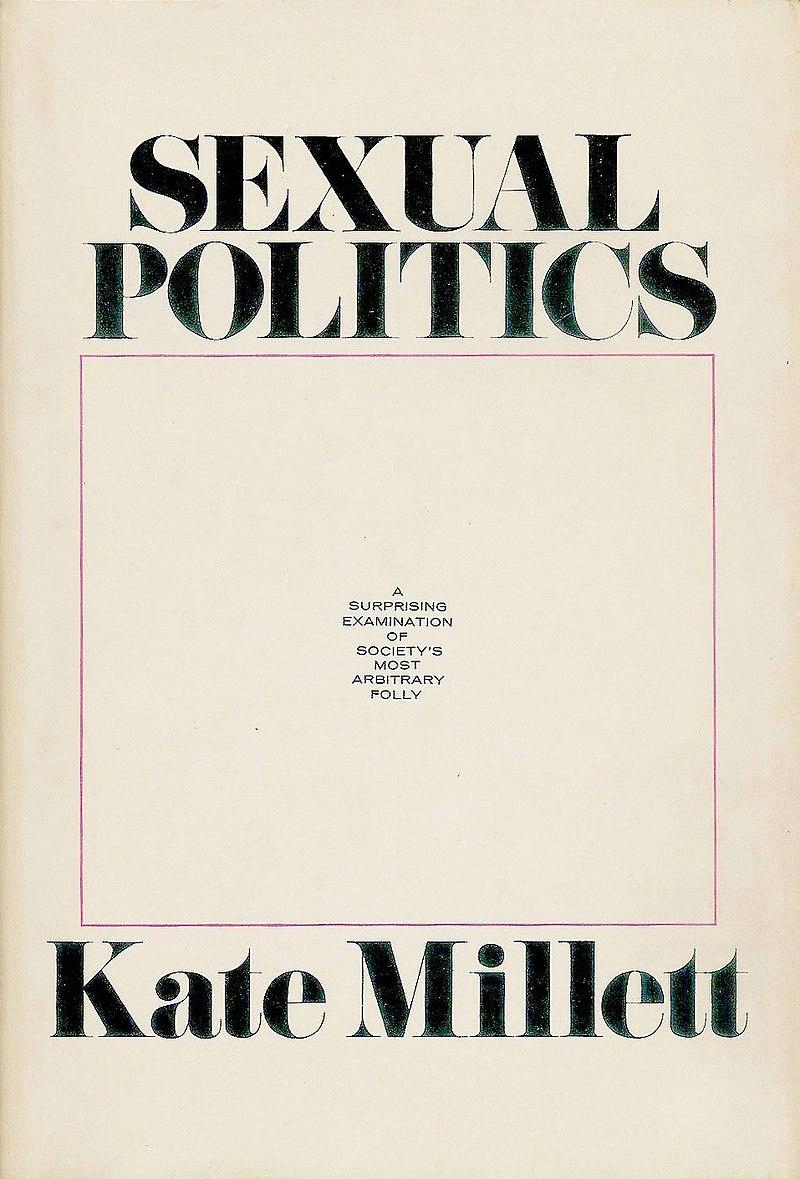/ world today news/ The intelligence quotient of the American administration currently seems lower than that of the Russian one.
There are no phillies or phobes here. We’re talking about IQ. And lower IQ threatens our existence. Russians can be anything – low-tech, energy-intensive, unsanitary, stupid, drunk, whatever… But Russians do not threaten our existence in any way. We don’t want Russian energy, they don’t give us Russian energy. It’s another thing if we want it, but they don’t give it to us. And what about the Americans: we want, they desperately want, but there is no way. This is the difference – with some we have the opportunity but no desire, with the others we have the desire but no opportunity. And they don’t have a chance.
This is in the sphere of Kobilkina – we can, but we don’t want, or we want, but we can’t.
The next lessons in political sexology… after the holidays.
Be patient with our participation in pornogerb film production.
#Lessons #political #sexology #View #Info
## Is American Foreign Policy Driven by Low IQ? An expert Weighs In
This provocative statement, recently published on world-today-news.com, has ignited a firestorm of debate. The article argues that the current American administration displays a lower intelligence quotient than its Russian counterpart, jeopardizing global stability.
To dissect this controversial claim and explore its implications, we’ve invited Dr. Emily Carter, Professor of Political Science at Harvard University, and Dr. Alexi Petrov, Senior Research Fellow at the Russian Academy of Sciences, for an insightful conversation.
Dr.Carter specializes in international relations and US foreign policy, while Dr.Petrov brings a deep understanding of Russian political thought and strategy.
**Intelligence and geopolitical Decisions:**
**World Today News:** Dr. Carter, the article asserts that the Western world faces a greater existential threat from the United States due to “lower IQ” in its leadership compared to Russia. Can you unpack this claim?
**Dr. Carter:** This is an overly simplistic and frankly dangerous generalization.Evaluating national security threats based on perceived IQ is both inaccurate and irresponsible.
Foreign policy decisions are complex, influenced by a multitude of factors including ancient context, economic interests, domestic politics, and individual personalities. while intelligence plays a role, it is indeed not the sole determinant of success or failure.
**Dr.Petrov**: it’s crucial to consider the context of this statement. The analogy to “Kobilkina” – a figure in Russian folklore representing a paradoxical situation of both desire and inability – suggests a frustration with the West’s limitations.
This sentiment might stem from the perception that Western powers, especially the US, desire access to Russian energy resources but are unable to secure them due to political and strategic barriers.
**The Role of Energy Security:**
**World Today News:** Dr. Petrov, the article mentions a limited desire for Russian energy resources from Europe. Can we expand on this?
**Dr. Petrov:** Russia’s energy resources have historically been a point of tension in international relations. Europe’s reliance on Russian gas, coupled with the recent geopolitical shifts, has created a complex situation.
While some European nations are actively seeking to diversify their energy sources, others remain heavily dependent on Russian supplies. This reliance creates vulnerabilities for Europe and complicates its relationship with Russia.
**World Today News:** Dr. Carter, how do these energy dynamics influence American foreign policy?
**Dr. Carter:** The US has long sought to reduce European dependence on Russian energy, viewing it as a strategic vulnerability. This goal has led to policies aimed at promoting option energy sources and supporting European diversification efforts.
Though, the energy crisis triggered by the Ukraine war has highlighted the persisting challenges in achieving true energy independence.
**Looking Ahead:**
**World Today News:** What are the potential ramifications of these geopolitical tensions in the long term?
**Dr. Carter:** The current situation underscores the importance of multilateral diplomacy and cooperation in addressing shared challenges.Without constructive dialog and a commitment to finding common ground,the risk of escalation and conflict remains high.
**Dr. Petrov:** it is critical for all parties involved to prioritize stability and mutual respect. Unrealistic expectations and inflammatory rhetoric only serve to exacerbate tensions.
**world Today News:** Doctors, thank you both for your valuable insights.
This conversation raises many crucial questions about the nature of geopolitical decision-making and the role of intelligence, national interest, and energy security in shaping international relations.
What are your thoughts? Share your opinions in the comments below and explore our related articles on the future of energy security in Europe and the evolving dynamics of US-Russia relations.


